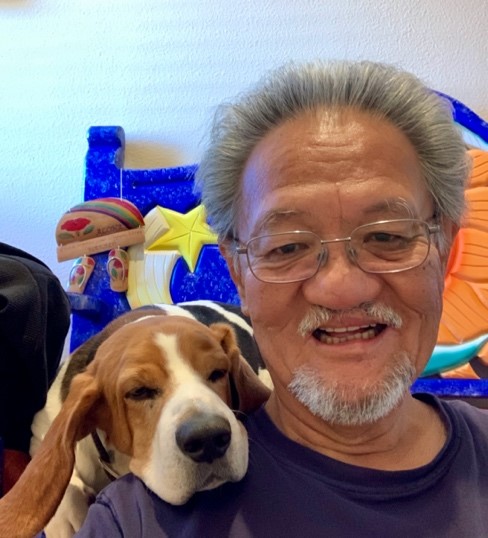Dear Members and Friends,
The past six weeks have been challenging for me. During the first three weeks of February, three friends died unexpectedly. The first was Joe Hutchins, a beloved member of the UUCV community. Joe and I were in the same men’s group. The second friend was a former co-worker with whom I worked for many years. He was killed in a car accident while driving to work. The third was my barber, who died of Covid. Each loss caught me off guard and left me feeling shaken.
These losses, on top of the stresses of the pandemic, forced me to think about the big questions of life: the kinds of questions we hope to understand better by coming to church. What is the meaning of life? Why do bad things happen to good people? Am I taking life for granted? Am I doing the things most meaningful to me? How can I live a more skillful life?
As one who thinks of himself as a Buddhist Unitarian, I immediately thought about the concepts of suffering and impermanence. Most of the unsatisfactoriness in my life comes from things not going my way, often in a material sense or just not getting the outcome I want. Losing people is a shock. Yet, impermanence is a fundamental Buddhist concept often set aside. How often we take for granted that people we know will always be there or a situation will not change!
During times of distress, I am thankful to be part of a community that exists to help its members navigate the vicissitudes of life. That is one of the blessings of being part of UUCV. The church provides resources to help us cope with the difficult moments and to live more joyfully and fully. Services and sermons inspire us to learn from spiritual ideas and practices. Church groups and fellow congregants provide connection and support. There are opportunities to practice compassion and promote social justice.
A religious community like UUCV is a gift to all who enter its doors. At any moment, we are all in different places in our life journeys. Some of us are doing well; others are in physical or emotional pain. But all of us can share being part of a community where people care about one another.
How do we ensure that UUCV is able to thrive and remain a healthy resource for all of us? As we are in the midst of our annual pledge drive, let us consider what UUCV means to us and how we can support it.
Dan Hotchkiss, a UU minister and writer, suggests that people often act like consumers when they choose their church. It is as if we are shopping at “a buyer’s club…that delivers maximum religious benefit to members at the lowest cost.” When asked about why we chose this church or another one, we quickly share our likes and dislikes. We love (or don’t love) the music, we enjoy (or don’t enjoy) the sermons, or we like (or dislike) the people. When it comes time to financially support the church, we think about making the lowest payment.
But church is not just about what we like and dislike. It also offers the opportunity for transformative growth. A place where we can become our best selves and be of service to others. A place where we can put into action the 7 Principles (and hopefully the 8th) that define Unitarian Universalist values. What a gift to be able to actually practice what we believe in and help make the world a better place!
So, as you consider how you want to support UUCV during this pledge drive, please don’t think about church as just another bill to pay. Consider how much UUCV means to you and how it can play an even larger role in your life. Remember, with gratitude, all that you have. And then be as generous as you can.
Be well,
Yukio Okano
Board President
A Message from Yukio Okano,
UUCV Board President

